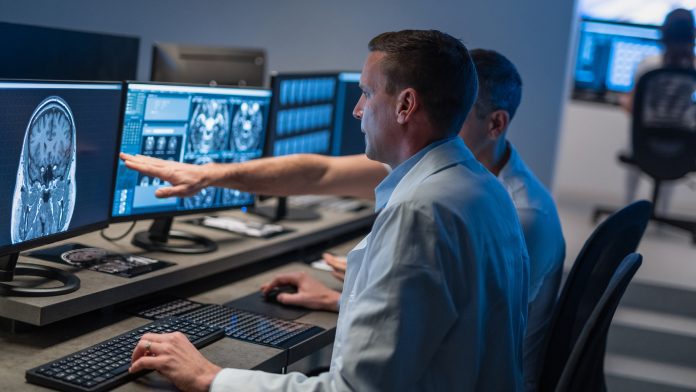
Researchers from Weill Cornell Medicine have been granted funding to investigate the role of fungi in cancer development.
Dr Iliyan D Iliev, an associate professor of immunology and microbiology in the Division of Gastroenterology and Hepatology at Weill Cornell Medicine, has been awarded $1.25m funding to conduct cancer research. The grant is part of the Lloyd J. Old STAR (Scientists Taking Risks) programme, allocated by the Cancer Research Institute (CRI) and will fund research into the role of fungi in cancer development and immunotherapy, an upcoming area of interest by researchers globally.
CRI is a non-profit institution that provides funding for innovative research that improves how cancer patients are diagnosed and treated. Additionally, the STAR programme supports gifted, mid-career scientists working in immunology, technology, and bioinformatics to fund high-risk/high-reward research, transforming research into cancer development.
The link between types of fungi and specific cancer development
Dr Iliev has previously researched the role of fungi in the body, and this $1.25m grant will allow his team to continue research into the link between types of fungi and specific cancer development.
This successful grant proposal calls upon his previous study of patients with ulcerative colitis who later developed colorectal cancer. Dr Iliev and his colleagues found that some cancer patients had a unique microbiome composition where specific fungal strains lived.
“We found that some patients carry specific fungal strains that expand and produce a toxin that affected inflammation,” said Dr Iliev, who is also co-director of the Microbiome Core Lab at Weill Cornell Medicine. “One of the questions is whether the presence of these and other fungi influence cancer development and outcomes.”
Developing innovative ways to diagnose and treat cancer
Dr Iliev and his team isolated certain fungi and observed how they changed in mouse models, allowing the researchers to learn about fungal biology within the tumour microenvironment. The discoveries made by the researchers lead them back to cancer patients where these fungi originate.
Going back and forth between the mouse models and patients sparks innovation for finding new ways to monitor cancer development and provide new treatment methods. “It’s a new hypothesis—there are new players,” Dr Iliev said. “There have been reports of certain fungal species associated with pancreatic cancer, for example. Now, we have developed methodologies allowing us to assess microbial components in multiple tumour types to tune hypothesis and modelling promptly.”
Dr Iliev noted his excitement about the prospect of combining his findings within the cancer development area with discoveries about fungal and bacterial organisms linked to the inflammatory bowel diseases he also studies. “This funding is fantastic because it allows us to go in with an early hypothesis,” he said, “and gives us the freedom to go after what is interesting in search of new and exciting ideas.”









